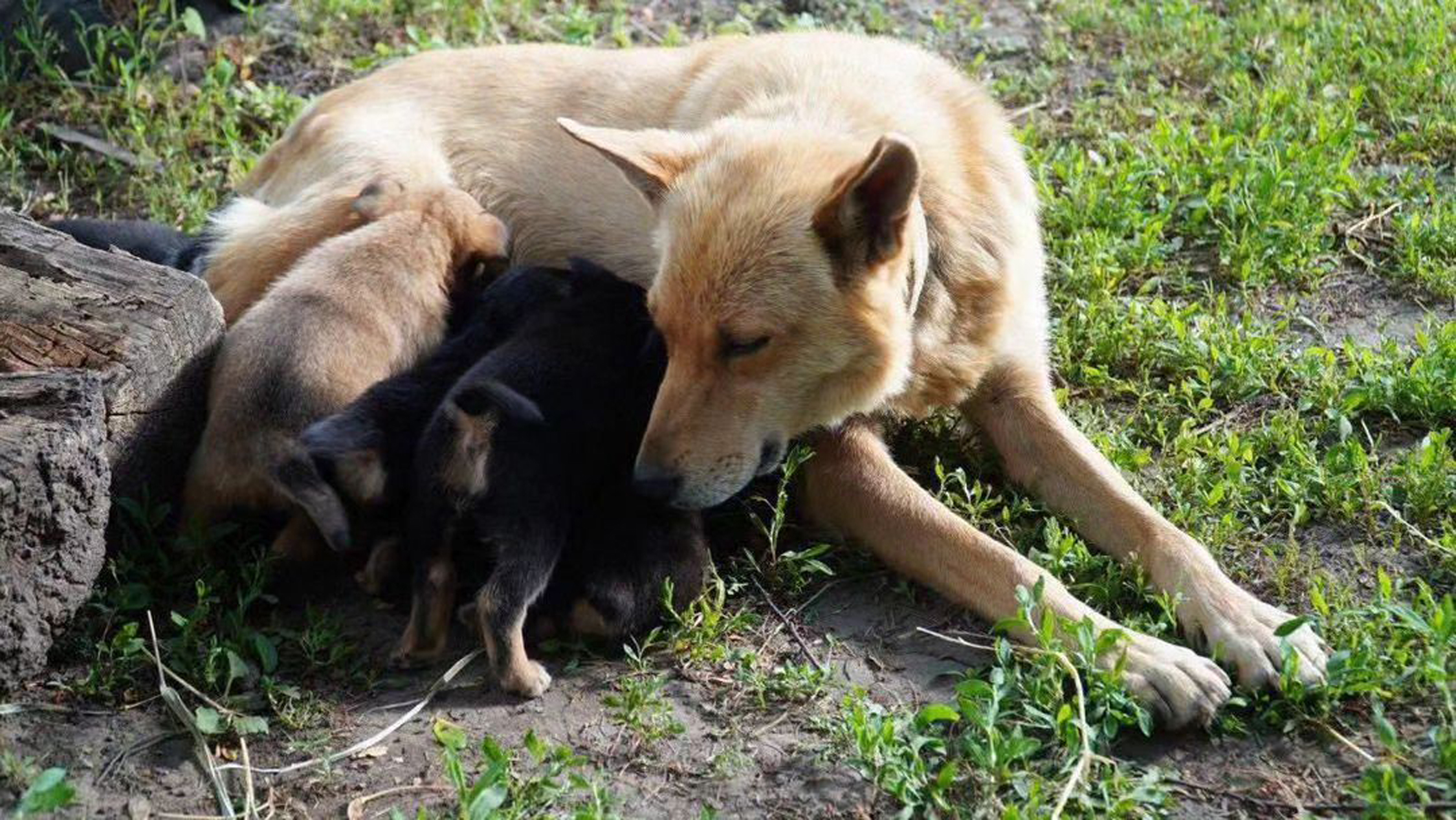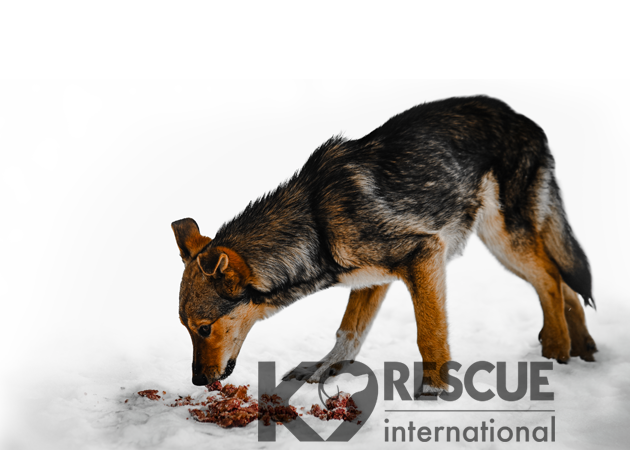Sterilization Project
The World Health Organization (WHO) estimates that there are more than 200 million stray dogs worldwide with 50 million of those street dogs estimated in Central and Eastern Europe, with an estimated 1 million in Ukraine. Studies have proved that the only humane method to effectively reduce stray populations is sterilization programs.
The spay/neuter calculation model, we recognize the social impact, where one unspayed cat or dog and their offspring could potentially produce over 11 million offspring over their lifetime. A small project sterilizing 125 animals per month, has the potential to save an astounding extrapolated 1 billion lives from being born into a life of misery, starvation, and suffering per month. We firmly believe that this approach is essential to alleviate the suffering of street animal populations and can save many more lives in comparison to traditional physical rescue methods.
Through our partnerships and collaborations with local communities, we support initiatives that promote environmental sustainability – this includes projects such as reducing stray populations in urban and rural areas, through trap-neuter-return of the feral population and sterilization of domestic animals to both control the stray animal population and reduce the number of unwanted litters being born to unsterilised chain-dogs, which are then subsequently put to the streets, widely believed to be the true source of today’s strays, creating an unhealthy environment.
The recent sterilization project in the municipality of Poltava, Ukraine, was a great success, sterilizing an average of 125 dogs and cats each month, at a cost of $2,500-$3,500 USD per month, depending on the size of the animal being sterilized.
Our planned project in Poltava region aims to sterilize 125 animals per month, with the extrapolated 1 billion lives saved per month being a realistic target, will bring about positive change and make a significant impact in the lives of countless animals, as well as create a healthier environment for the local community. Our project aims to trap-neuter-return the feral population as well as sterilise domestic chain-dogs in a bid to stem the flow of unwanted litters being put to the streets.
It costs between $20 to $28 to sterilise one cat or dog depending on the size of the animal being sterilized. If any Donors or Corporate Sponsors would like to be a part of our mission to alleviate animal suffering and create lasting change, please contact us.
As with any project, regular updates will be provided on the project’s progress.

The situation in Ukraine, the feral dogs and cats have to endure is horrific – the amount of suffering that we see on a daily basis is unbearable, and the authorities here are not interested in finding a humane solution to ease this suffering, so it is left to us as animal defenders to help them – yet funds are always in short supply, and it is pure heartbreak when we have to turn these poor souls away, as there is just no food left, and no money to buy anymore. We are in an endless cycle of torture of our hearts, having to witness this level of suffering on a daily basis and know that we are powerless to do anything about it.
K9 Rescue International works with independent rescuers and grass roots shelters in Ukraine, helping to fund the street feeding stations for the feral dog and cat populations. One of our dedicated partners, Luda, who runs Help Animals Poltava, as been feeding and also rescuing feral dogs and cats from the streets in and around Poltava since 2010
A few years ago, it was safe to say that animals do not give birth on the streets in Poltava.
This was facilitated by a special city program. Anyone could report a homeless animal, register the animal and sterilize it. However, now, due to the full-scale war, there is no funding. In addition, the number of homeless animals has increased significantly due to people who left their pets to flee abroad.
Homeless animals are helped by volunteers from Poltava who treat and sterilize them, yet the power of volunteers is not unlimited – there are already many cases when animals are poisoned by residents who do not want homeless animals in their neighbourhood.
Therefore, sterilization is the only humane method of regulating the number of homeless animals.
~ Luda, Help Animals Poltava Ukraine
We firmly believe that sterilisation of both the feral populations together with the domestic chain-dogs is an effective strategy to both end the suffering of feral and abandoned animals, as well as prevent further unwanted litters from being put to the streets. Please help us to make this a reality.





